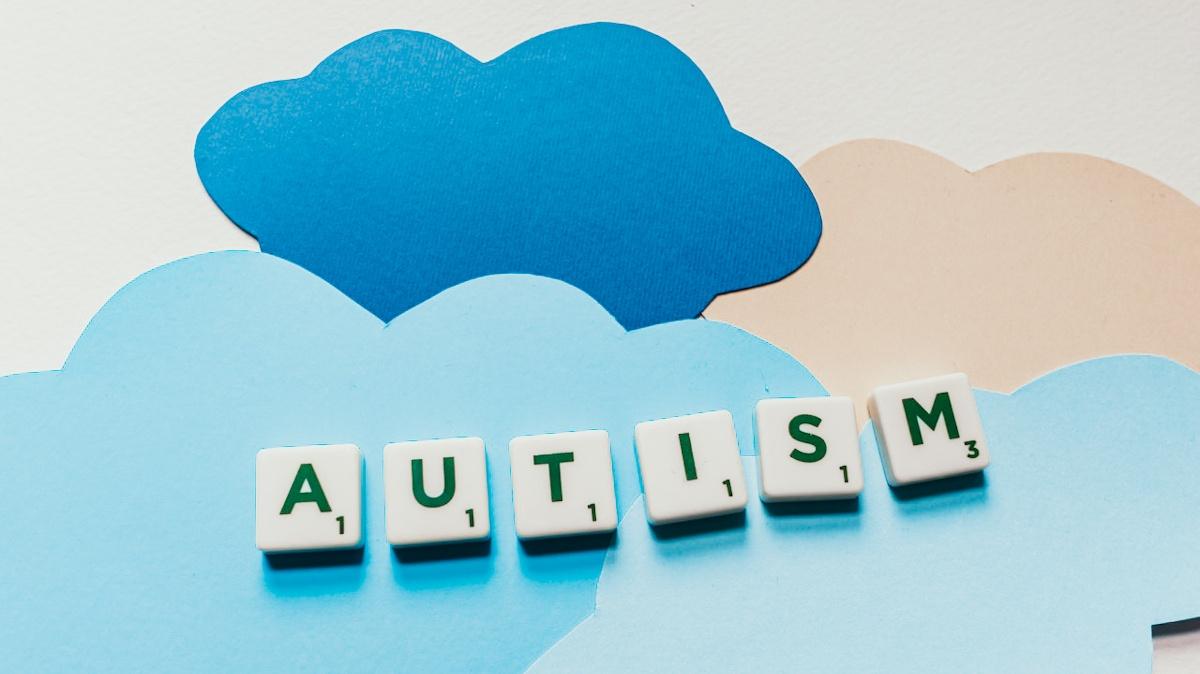3 Things I Wish I Knew At The Beginning Of Our Autism Journey
It’s been seven years since our youngest son was diagnosed with severe autism and it’s been a wild journey. There was no guide to help us navigate this difficult time in our lives and we’ve done the best we can for both of our boys. We’ve grieved the loss of hopes and dreams for our son and the relationship we thought he and his brother would have and have now fully accepted our lives in the present and although we’ve come a long way it took a lot of work. I’ve heard stories of how cruel and insensitive doctors have been following a disability diagnosis, but ours wasn’t like that. Our doctor tried her best to be kind, but there were things she didn’t mention that we had to figure out on our own. Here are 3 things I wish I knew at the beginning of our autism journey that we weren’t told.
1. An autism diagnosis is not a death sentence
We noticed our son’s development had slowed after his first birthday and my husband started seeking answers. When he brought up autism I had never heard of it previously, so I started my research and was completely devasted. The grief process started almost immediately and I started to bargain with God. When he was officially diagnosed I bawled my eyes out. In my eyes, all the dreams and hopes we had for our sweet boy were now dead and I thought his life was destroyed. I didn’t realize that this was just the beginning of a new journey for our son and family.
I now know that he has so much potential. He is extremely smart and is learning and growing every single day. He has come such a long way and I am so grateful to be his mom and to be a part of his growth. His diagnosis didn’t stop him, it simply redirected the path he had to take. He is a fighter and has risen to every challenge he has faced and we couldn’t be more proud.
2. It will get easier with time
When our son was diagnosed we were clueless about so many things. We had just gotten this diagnosis we didn’t even know existed and we were thrown out at sea to fend for ourselves. There were little to no resources available to us and we were scared to death. After we had exhausted all options, including running therapy sessions with a BCBA via Telehealth, I ended up going back to school then moving our entire family to a new country. With the knowledge and experience, we gained we were able to use ABA strategies throughout the day while at home. Over time, we realized that as our son got older we were able to manage the symptoms diagnosis much better. We were able to pivot to new strategies when one wasn’t working and we found a system that worked for our family. There were still times when we felt like we were in over our heads and we still get burned out, but we were able to manage the demands of our lives much better than we did in the beginning.
3. His diagnosis will affect his sibling more than we realized
Our oldest was 4 years old when his younger brother was officially diagnosed with autism. He was so happy when he found out he would be getting a sibling, and had been patiently waiting for the day they would be able to play together. That day never came. My husband shared a time when he asked if his brother could talk yet and when they would be able to start having fun.
Although we knew our oldest would be affected, we couldn’t have anticipated the extent to which he would be. Most days were structured around his brother’s schedule, we often had to leave places he was excited to visit because his brother couldn’t sit for very long or was overstimulated and having a meltdown, we had to cancel plans because his brother’s needs couldn’t be accommodated and he had to go to places he didn’t want to because his brother likes it there. We unintentionally pay more attention to his brother due to his needs, and we are often too exhausted to spend quality time with him or our patience had run out and we’d end up snapping at him because “he should know better”. On top of all that, he was also grieving the loss of the brother he didn’t get and would often suffer in silence. He constantly compares himself to him and have told us he wished he also had autism.
It was a lot for his sibling. He too was robbed, and while we were doing the best we could, we couldn’t wish away his diagnosis. We had to find ways to help his sibling cope and we became more intentional with our interactions with him. Now that he’s older he’s now more empathetic and understanding but he still grieves what could have been.
How is your journey going so far? What are some things you wish you had known at the beginning?









